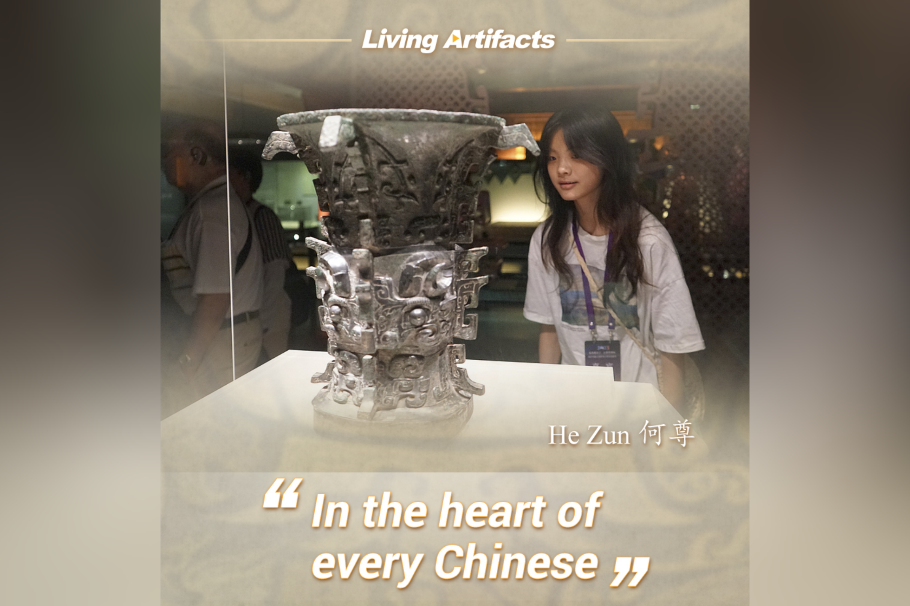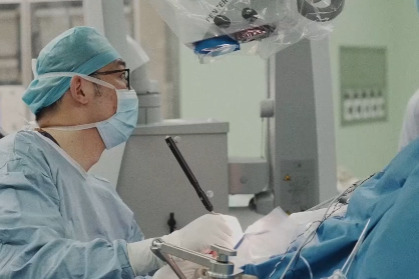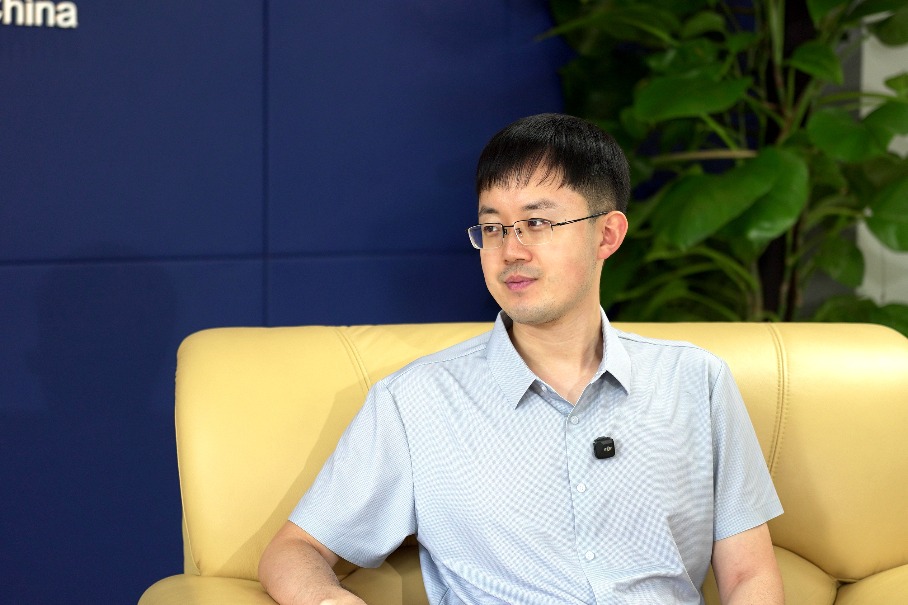Primed for success


China's remarkable achievements in both pandemic control and poverty alleviation are thanks to the leadership and organizational capacity of the CPC
In early February 2020, soon after Wuhan was locked down because of the rapid spread of the virus in the city, I went on record in the media, international and Chinese, expressing confidence that China would contain the escalating epidemic. I based my confidence not on any prophetic gift but on China's success in alleviating extreme poverty, which I had been following for years. I saw a revealing parallelism between China winning the war to control the contagious virus and China winning the war to eradicate extreme poverty. The common root was the leadership and organizational capacity of the Communist Party of China that is going to celebrate its 100 anniversary this year.
The structural similarities between anti-pandemic and antipoverty campaigns are striking: CPC leadership, CPC senior leader commitment and CPC mobilization.
First, the operational leadership of the CPC-not just giving directives and making pronouncements, but implementing programs and operating projects through the CPC organizational structure-central government and five levels of local government (provincial, municipal, county, township, village).
Second, the commitment of Xi Jinping, general secretary of the CPC Central Committee-who sets an example that leaders and officials must follow.
Almost everywhere Xi goes, he stresses poverty alleviation and encourages Party officials to visit impoverished areas regularly and interact with poor people directly. Xi has made the remarkable statement: "I have spent more energy on poverty alleviation than on anything else." I know no other national leader who has made such an assertion. Similarly, during the pandemic, when Xi visited hospitals and spoke with frontline workers, the whole country got the message.
Third, the mobilization capacity of the CPC-commanding the country's resources in personnel and materials. To contain the epidemic, China's mobilization was unprecedented in global health history: locking down Wuhan and neighboring cities, 60 million or more people; house-to-house temperature checks; the CPC's grid management system of social control; postponing the return to work after the Lunar New Year break of hundreds of millions of travelers; recruiting major companies, State-owned enterprises and the private sector for support and logistics; assigning "sister" relationships between strong provinces and hard-hit cities in Hubei, a strategy long employed in poverty alleviation between eastern and western provinces and cities.
Similarly, the success of China's targeted poverty alleviation campaign, bringing about 100 million people out of abject poverty since 2012, included the complete relocation of millions of poor farmers from remote mountainous villages to newly constructed urban and suburban residences.
Nowhere else could such mega-projects work like they worked in China. And the reason they worked is because the Party-led system works. Going beyond the great good of poverty alleviation and pandemic containment, understanding how the CPC accomplished both provides insight into the CPC's governance structure and organizational capabilities. This is especially important at this time of heightened awareness of China's increasing role in international affairs and the increasing sensitivities to it.
Those who recognize China's unprecedented success in both pandemic control and poverty alleviation must also recognize its causal relationship to China's overall Party leadership, and a strong, command-down, Party-led government. While all political systems have trade-offs, and while achieving national objectives is indeed an advantage of China's Party-led system, it is not the only criterion for evaluating systems. This is why continuing reform, opening-up and system improvement are needed.
What has driven China's development miracle? Consider eight principles.
A people who work long and hard to improve the lives of their families and the destiny of their country.
A one party led system (what is called "the multiparty cooperation and political consultation under the leadership of the CPC") that enforces political stability and encourages economic freedom.
A one party led system that is structured in hierarchical administrative levels (provincial, municipal, county, township, village).
A one party led system that solicits, and pays attention to public opinion.
The prioritizing of economic and social development over ideological rigidity.
The setting of long-term goals, mid-term objectives, and short-term policies that are monitored and modified continuously; policies that need long-term commitment have long-term commitment.
A way of thinking that experiments and tests before implementing and rolling out.
A willingness to admit and correct errors.
What can the world learn from China's success? China hopes to share its poverty-alleviation experience, especially with poorer nations.
First, a caveat. Each country is different. Each culture has its own history and traditions. One cannot take programs from one country and transplant them wholly, without adaptation, into another country.
The principles are primary and China's principles are clear: "targeted" poverty alleviation selects specific measures to fit specific circumstances and needs, and employs an authoritative organizational structure to implement those measures, monitoring and checking them via independent agencies. Think of poverty programs in terms of criteria, mechanisms and procedures. And indeed, China has pioneered micro-businesses, education, relocating whole villages, eco-compensation, and social security. These can be adapted to other countries, as can the Party-led organizational system of implementing poverty alleviation by coordinating multiple levels of local government.
What is even more clear is this: Because motivating officials is the critical link for a country to achieve poverty alleviation, the number one criterion is that the senior leader of the country must make a resolute commitment to poverty alleviation. The senior leader, exemplified by President Xi in China, must elevate poverty alleviation to the pinnacle of the hierarchy of values. This puts officials on notice. This can come only from the top. This is a lesson that China offers to the world.
The author is an international investment banker and corporate strategist and chairman of The Kuhn Foundation. He received the China Reform Friendship Medal in 2018. The author contributed this article to China Watch, a think tank powered by China Daily. The views do not necessarily reflect those of China Daily.


































